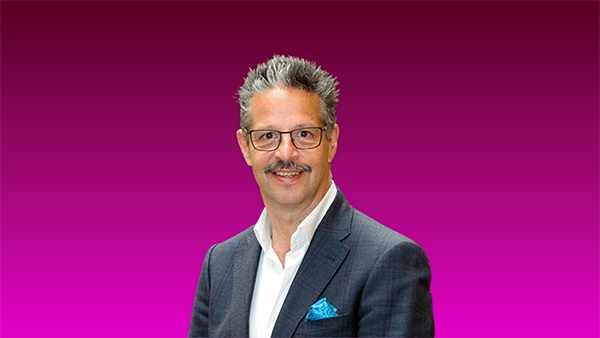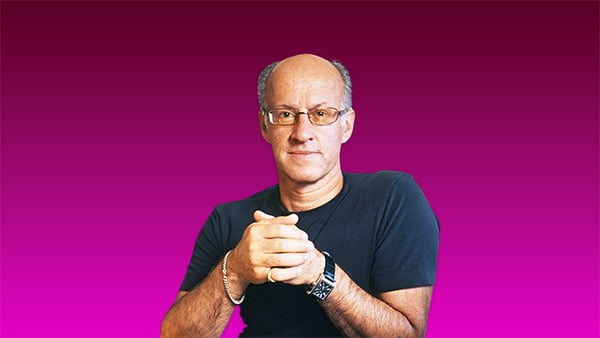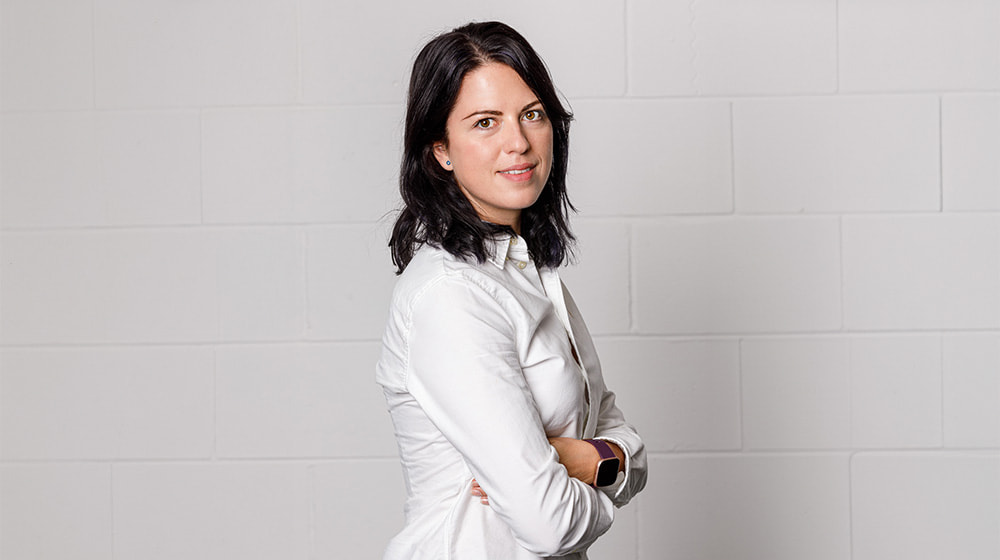FounderMetrics: Roger Saul
This time on FounderMetrics, Vestd founder and CEO Ifty Nasir meets Roger Saul, founder of Mulberry, one of the UK’s most iconic fashion brands.
Manage your equity and shareholders
Share schemes & options
Fundraising
Equity management
Start a business
Company valuations
Launch funds, evalute deals & invest
Special Purpose Vehicles (SPV)
Manage your portfolio
Model future scenarios
Powerful tools and five-star support
Employee share schemes
Predictable pricing and no hidden charges
For startups
For scaleups & SMEs
For larger companies
Ideas, insight and tools to help you grow

On the third episode of the third season of FounderMetrics, Vestd founder and CEO Ifty Nasir chats with David B. Horne, founder of Add Then Multiply and creator of the FACE model (Fund, Acquire, Consolidate, Exit).
David is also an advocate for investment in female-led businesses. In his conversation with Ifty, he shares powerful insights on what makes a business investable and scalable, as well as the lessons we can learn from failure.
Check out the main takeaways below, or click here to listen to the full episode!
I trained as a chartered accountant with PwC in Vancouver, Canada. When I qualified in 1987, I received a job offer in Zurich. My wife and I packed our bags, boarded a one-way flight, and started what was meant to be a two-year adventure.
That was nearly 38 years ago. I had first visited London when I was 12 and fell in love with the city. Now it’s my home base - my business is based here, though I work with clients globally.
After two years with PwC in Zurich, my largest audit client offered me a senior finance role in the Swiss subsidiary of a major American hardware company. I was 27, and suddenly responsible for a business with $500 million in revenue. That experience taught me to grow up fast.
I eventually moved to the UK in 1993 and continued my corporate career, which culminated in a role as Head of Business and Finance at the BBC’s production facilities division. It was a fascinating environment, but I was far too entrepreneurial for such a conservative institution.
Over the years, I became the CFO of three companies - two of which were listed on the stock exchange - where I gained experience in fundraising and M&A.
We acquired 15 private companies, took over another listed company under Takeover Panel rules, and raised £100 million in the process.
Then, in 2010, I burned out. I left my role after a personality clash with the new CEO, and for the first time in my adult life, found myself wondering what I really wanted to do.
After some soul-searching and conversations with my family, I decided to pursue something I was passionate about. My teenage daughters told me I was too old for the music industry - but wine? That was doable.
I enrolled at the Wine & Spirit Education Trust in Bermondsey, earned my Level 2 and 3 qualifications, and launched a wine business. It started well - I achieved a few quick wins - but I soon realised that selling wine was a completely different game from corporate finance. People knew me as a CFO, not as someone hawking bottles.
I set targets and fell short. I tried harder. Then I tried less hard. Eventually, I went into denial, continued spending as I had during my CFO days, and watched it all unravel. The wine business still exists, but it has now become a hobby. I drink all the profits!
Out of that low came something much bigger: the FACE model. Fund, Acquire, Consolidate, Exit. It crystallised everything I had learned during my years in corporate finance and M&A. I wrote it all down in my book, ‘Add Then Multiply’, and launched a business around it.
Since 2014, I’ve been working exclusively with entrepreneurs and SMEs. Over the past decade, I’ve helped raise an additional £15 million for founders, bringing my career total to about £115 million.
It’s easier to raise big numbers when you're listed, but working with entrepreneurs is infinitely more rewarding.
My work took a new direction after speaking at an event in Reading about SME fundraising. A woman came up afterwards and asked why so little investment goes to female founders. I had no idea - but I promised to find out.
A week later, I met with the CEO of the British Business Bank, who handed me their recent report, "UK VC and Female Founders."
It revealed that in 2017, less than 1% of venture capital went to all-female teams, despite their submission of 5% of pitch decks. Mixed-gender teams received 10% of funding; all-male teams, 89%.
That was a turning point. I partnered with the London Stock Exchange to host an event showcasing female-led businesses. Over 100 people attended.
We had planned a national series in 2020, but then the pandemic hit. We pivoted online, ran virtual events through 2020 and 2021, but interest eventually dropped off. Still, the fire was lit.
After a rare proper break between Christmas and New Year, I had a moment of clarity. I was off work, really off - and the idea came to me in meditation: create a holding company, bring all my ventures under one roof, raise £1 million, and acquire five to seven female-founded businesses. The acquisitions will be done using a mix of cash and shares in the holding company.
I aim to build a group of synergistic businesses, optimise operations, and prepare for scale.
Each company has its customer base - imagine the cross-selling opportunities. If each has a database of 10,000 clients, and there’s a 10,000-customer overlap, that still gives 30,000 new leads per business. That’s powerful.
The plan is to run the group for a few years, streamline the finances, and prepare for a potential private equity investment. I’ll bring in a reputable mid-tier audit firm to validate our results. Once audited accounts are ready, I’ll approach the PE world with hard evidence of value creation and raise £10 million to supercharge growth.
Eventually, we’ll go for £100 million - but that goal comes later.
We’re allocating £600,000 of the first raise for acquisitions, offering up to £100,000 in cash per deal, with the rest in equity. The remaining £400,000 will be invested in tech infrastructure and centralised systems, ensuring smooth operations across the portfolio.
I already have a database of 2,000 female-founded businesses in 68 countries. We'll start in the UK, keeping things efficient and cost-conscious. The international expansion will come after the next funding round.
For me, the key metrics to measure success are clear: revenue growth, profit margins, cash conversion, and valuation uplift.
But beyond the numbers, it's about transformation - helping founders realise they don’t need to own 100% of a smaller business when they could own 40% of something ten times bigger. It's a psychological shift.
Most venture capital firms won’t demand control, but private equity firms usually do. My job is to prepare founders for that change, support them through it, and coach them on navigating board dynamics.
I often quote Neil Young: "That's why we don't want to be good, we don't listen to the record company man - he'd try to change us and ruin our band." Founders can feel like that when investors step in, but these are professionals. They scale companies for a living. Learn from them.
One founder I know sold 75% of his business, stayed on with PE support for four years, and later sold the remaining 25% for three times what he had received for the initial stake.
Recently, I shared my journey in The Telegraph, opening up about the entire midlife crisis in the wine business - and the feedback has been incredible. I woke up this morning feeling lighter. I’ve acknowledged the past, learned from it, and now I’m focused entirely on the future.
The universe is aligning. Let's keep moving forward.
You'll find David’s episode and more on all popular podcast platforms. Or watch the interview in full on YouTube - don't forget to like and subscribe!

This time on FounderMetrics, Vestd founder and CEO Ifty Nasir meets Roger Saul, founder of Mulberry, one of the UK’s most iconic fashion brands.

We talked to Oana Jinga, the Chief Commercial Officer and co-founder of Dexory, a robotics tech company. Oana speaks candidly about the challenges of...

Founders of UK businesses are weighing up whether to return to the office; full-time, part-time, or as part of a hybrid working model. It’s a...